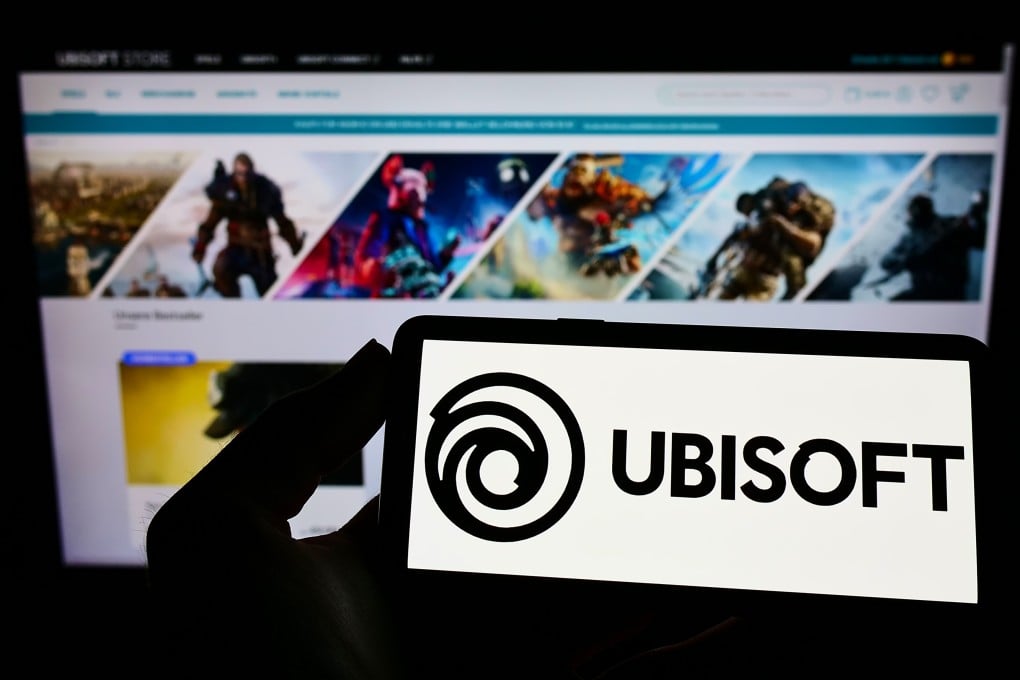
Boeing top executive said Sept. 18 that the company will begin furloughing "a large number" of workers to conserve cash during the strike by union machinists that began last week. CEO Kelly Ortberg said the employees who would be required to take time off without pay starting in the coming days include executives, managers and other U.
S.-based staffers. "While this is a tough decision that impacts everybody, it is in an effort to preserve our long-term future and help us navigate through this very difficult time," Ortberg said in a company-wide message to staff.

Kelly Ortberg joined Boeing Co. as CEO on Aug. 8.
He's now dealing with his first new labor crisis. Boeing didn't say how many workers will face rolling furloughs, but the number is expected to run into the tens of thousands. The aerospace giant had 171,000 employees at the start of the year, including nearly 7,900 in South Carolina, where the company builds the 787 Dreamliner and provides parts and services for other aircraft programs.
The company said the furloughs will affect an undisclosed number of Palmetto State employees who aren't critical to the production of the 787 or to customer support. In addition to the Dreamliner plant off International Boulevard, Boeing's North Charleston operations include a factory that makes engine parts for the 737 Max and 777 jets, a research and technology center, an engineering design center and a plant that makes 787 interior cabin parts, such as overhead bins. None of them is unionized.
The company said the furloughs would affect employees at all South Carolina operations but did break down the number of workers at each site. Most of Boeing's commercial-airplane business is concentrated in the Pacific Northwest, where about 33,000 unionized factory employees went on strike Friday after rejecting a proposal to raise pay by 25 percent over four years. They want raises of at least 40 percent, the return of a traditional pension plan and other improvements in the contract offer they voted down.
The strike is halting production of several Boeing airplane models, including the best-selling 737 Max jet. The company gets more than half of the purchase price when new planes are delivered to buyers, so the strike will quickly hurt cash flow. Ortberg said selected employees will be furloughed for one week every four weeks while retaining their benefits during the walkout.
He and other senior executives will take pay cuts, the CEO added, without stating how deep the cuts will be. All work related to safety, quality, customer support and certification of new planes will continue during the furloughs, he said. Ortberg, who succeeded Dave Calhoun as chief executive officer on Aug.
8, said in his memo that the Arlington, Va.-based company is talking to the International Association of Machinists and Aerospace Workers about new contract terms that could be ratified. "However, with production paused across many key programs in the Pacific Northwest, our business faces substantial challenges and it is important that we take difficult steps to preserve cash and ensure that Boeing is able to successfully recover," he said.
Brian West, Boeing's chief financial officer, warned earlier this week that temporary layoffs were possible. The company is also cutting spending on suppliers, freezing hiring and eliminating most travel. Company and union representatives met with federal mediators Tuesday to restart negotiations and were expected to meet again Wednesday.
In a website post addressed to members, the IAM said it was frustrated by the first day of new talks. "The company was not prepared and was unwilling to address the issues you've made clear are essential for ending this strike: Wages and Pension," the union said. "The company doesn't seem to be taking mediation seriously.
" Striking workers are picketing at several locations in the Seattle area, Oregon and California. The union, which recommended the offer that was later rejected by a 96 percent vote, is surveying members to learn what they want in a new contract. The IAM's last strike at Boeing, in 2008, lasted about two months.
If the walkout does not end soon, the planemaker's credit rating could be downgraded to non-investment or junk status, which would make borrowing more expensive. Shortly after the walkout began last Friday, Moody's put Boeing on review for a possible downgrade, and Fitch said a strike longer than two weeks would make a downgrade more likely..














